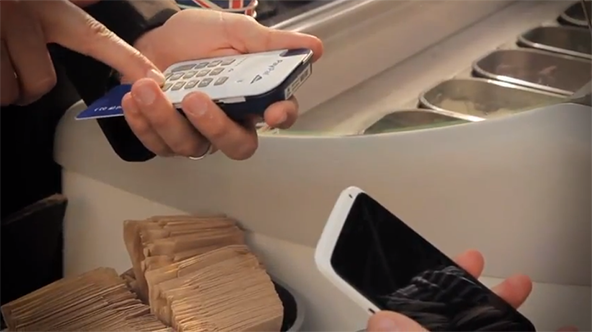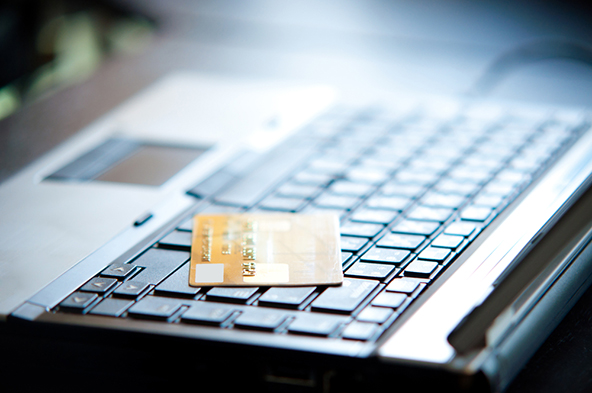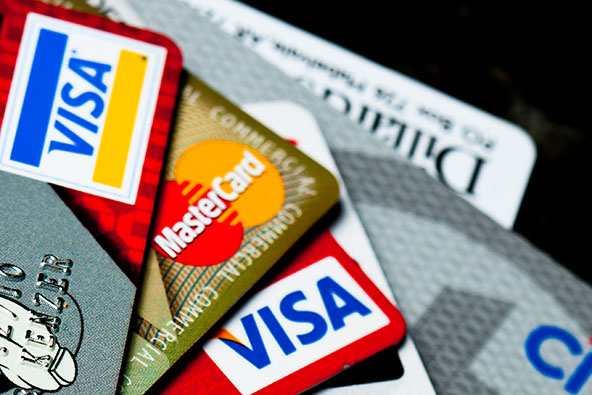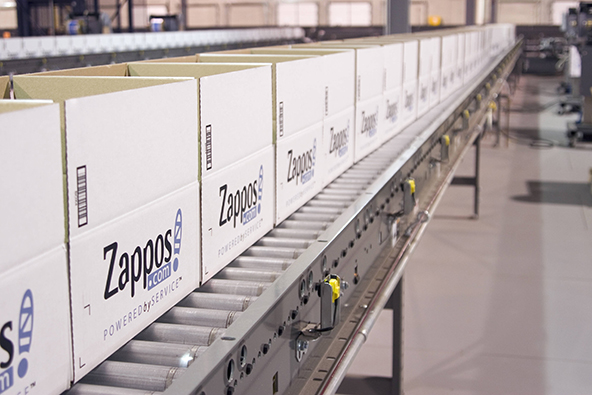Your Smart Phone Is not Clever Enough to Take Credit Cards in Europe

Your smart phone is evidently not secure enough to be cleared for a Square-like credit card acceptance use in Europe. We did get an inkling that this might be the case in July of last year when Visa banned iZettle from accepting its cards in several European countries and now the launch of PayPal Here in the U.K., announced by the company on Friday, has made that fact quite inescapable. Incidentally, the Swedish mobile payments processor has just announced that it had solved its Visa problem by doing precisely what PayPal has done — pairing its users’ smart phones with external card readers. So you end up using two devices to perform a function, for which in the U.S. your phone is quite sufficient by itself. And no, in case you are wondering, the European reader is not free.
Apart from establishing the inadequacy of today’s smart phones to serve as card readers in Europe, PayPal Here’s launch in the U.K. is also interesting in that eBay’s payment processing arm is the second of the three big American mobile payments companies to do so. Intuit was the first to cross the Atlantic last July and now all eyes must be on Square — the biggest mobile payments processor — which did launch in Canada several months ago, but is yet to set foot in Europe. Now, the Canadian entry was a simple one, at least technologically, as our northern neighbors are still reliant on the magnetic stripe technology, as we are, and so no new hardware needed to be designed. Europe, on the other hand, is using a newer technology, which some believe has slowed down Square’s Trans-Atlantic invasion. Well, let’s see how PayPal has solved the chip and PIN riddle.
PayPal Here’s U.K. Edition
Here is what PayPal’s is telling us about its new service on the processor’s U.K. blog:
Last year, we launched PayPal Here, which opened up affordable card payments for small businesses in the United States and several other countries. At the same time, we set up a team in London to create a version for Britain and other markets where Chip & PIN payments are standard. We’ve just unveiled the result: a revolutionary card reader that’s small enough to carry in your pocket, but handles Chip & PIN and PayPal payments. It will be available to select UK businesses over the coming months before becoming generally available this summer. PayPal Here is unique: a complete payment solution that allows any business to accept PayPal, credit and debit card payments simply and securely on the go.
Here’s how it works. You download the PayPal Here app, and sign up for the device right there. There’s no contract or ongoing fees, just the initial competitive purchase price and a small fee for each transaction (we’ll announce actual pricing a little closer to the launch). You pair the device with your smartphone to accept secure payments anytime, anywhere you trade, whether at a market stall, shop, restaurants, taxi or even in your customer’s home.
And here is PayPal Here U.K. in action:
So PayPal Here’s transaction process in the U.K. is much more convoluted than it is here in the U.S., but evidently that is as simple as it can be devised.
What to Make of It
According to Bloomberg, it took PayPal 18 months to develop the U.K. chip & PIN reader and the news agency quotes Hill Ferguson, vice president of global product at PayPal, who explains why:
We’re bringing PayPal Here to market in countries where swiping is not the norm… It’s a more complicated product because the hardware has to be accredited and certified by banks and regulatory agencies. But the value proposition is the same. We’re helping small businesses sell more stuff.
Yet, helpful as his new service may be, Ferguson is saying nothing either about the cost of the reader itself or about the processing fees his company will charge. However, the BBC reports that the reader’s price tag will be under ?ú100 and that the per-transaction rate will be lower than 3 percent. But then, I don’t believe that anyone had thought that the processing rate would be higher than 3 percent. By comparison, U.K. rival mPowa charges 2.95 percent per transaction and iZettle’s rate in Britain is 2.75 percent. Considering that interchange fees in Europe are lower than they are on our side of the Atlantic, I see no reason why PayPal would charge more than it does in the U.S. — 2.70 percent. As is now standard for this type of mobile payment acceptance service, there will be no contractual obligations or fixed monthly payments.
The Takeaway
The BBC quotes an expert as saying that “[i]t is going to have a bit of competition [in the U.K.] but Paypal is an established a trusted brand”. However, based on conversations I’ve had over the years with U.K. merchants who have used PayPal’s merchant services, the company’s name could prove to be a liability, rather than an asset, as many have been driven away by the processor’s policy of freezing users’ accounts a bit too liberally.
Then there is the issue of the additional device that is now needed in Europe. See, the reason Square was launched in the first place was to enable everyone to accept credit cards through his or her mobile phone and without the need for a merchant account or additional hardware. And sure enough, people liked the idea and signed up in droves for the service and Square now boasts three million users. However, in the U.K. and elsewhere in Europe the card reader is sure to put off everyone but business users. I mean, would you be carrying this thing around on the off chance of accepting a card payment on your way to work? Which makes me wonder whether Square is looking for a workaround. It would at least explain the delay in the launch of the company’s European campaign.
Image credit: YouTube / PayPal.



PayPal Here already has thriving competitors in the UK such as mPowa (www.mpowa,com) and iZettle. Personally, I’m using mPowa and truth be told I have never really liked Prey…er..PayPal.
Jack S,
Yes, you’re right and we’ve covered iZettle and mPowa on multiple occasions here on this blog.
Visa has made it unnecessarily difficult for mobile payment companies to operate in Europe and we are all paying the price for it. That must also be the reason Square is yet to enter that market.